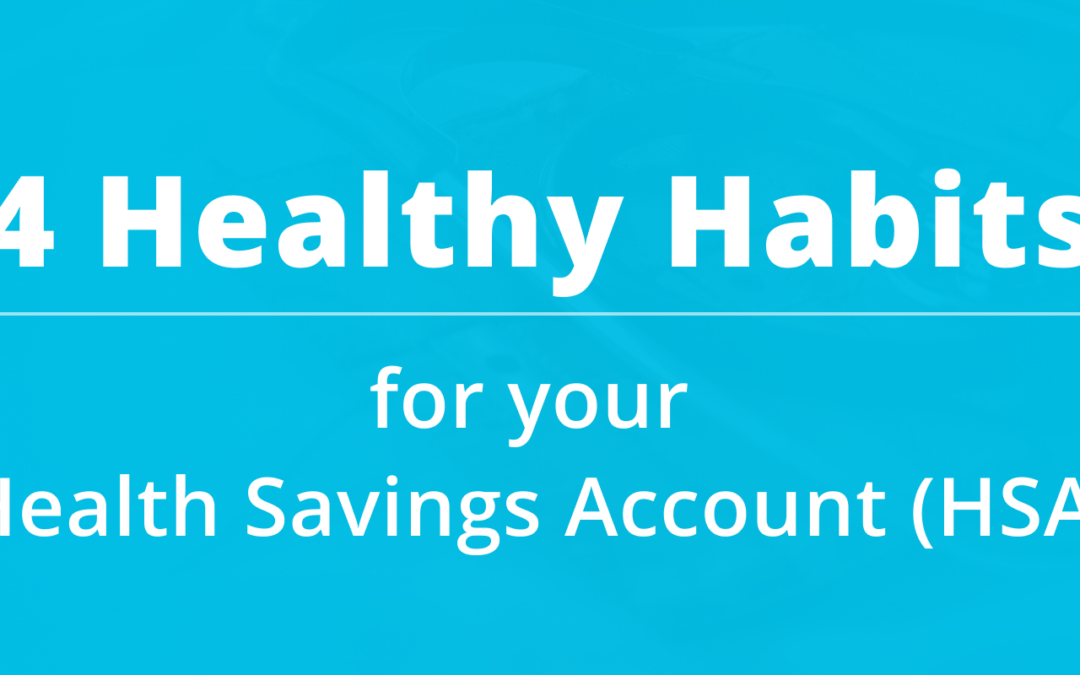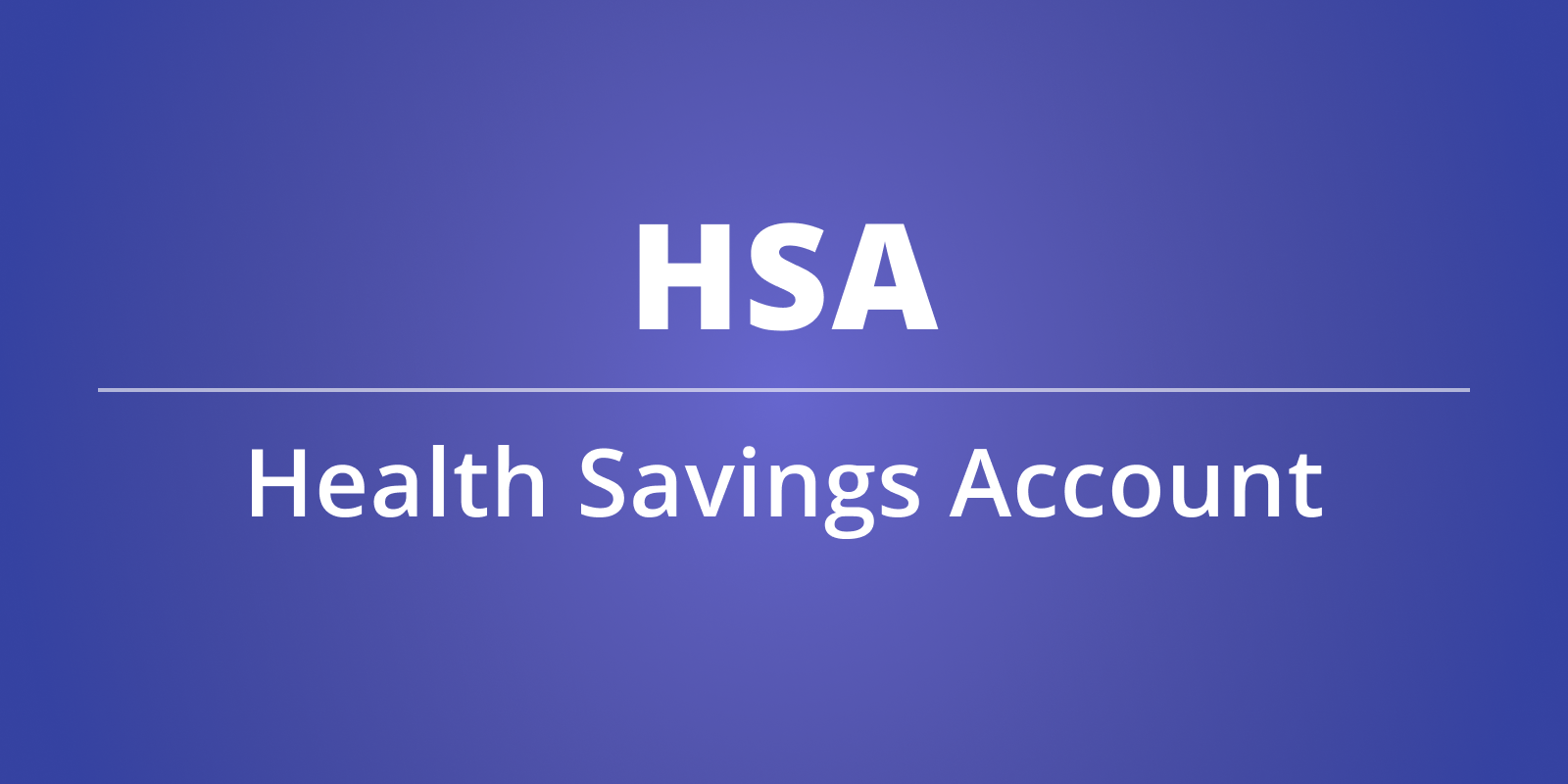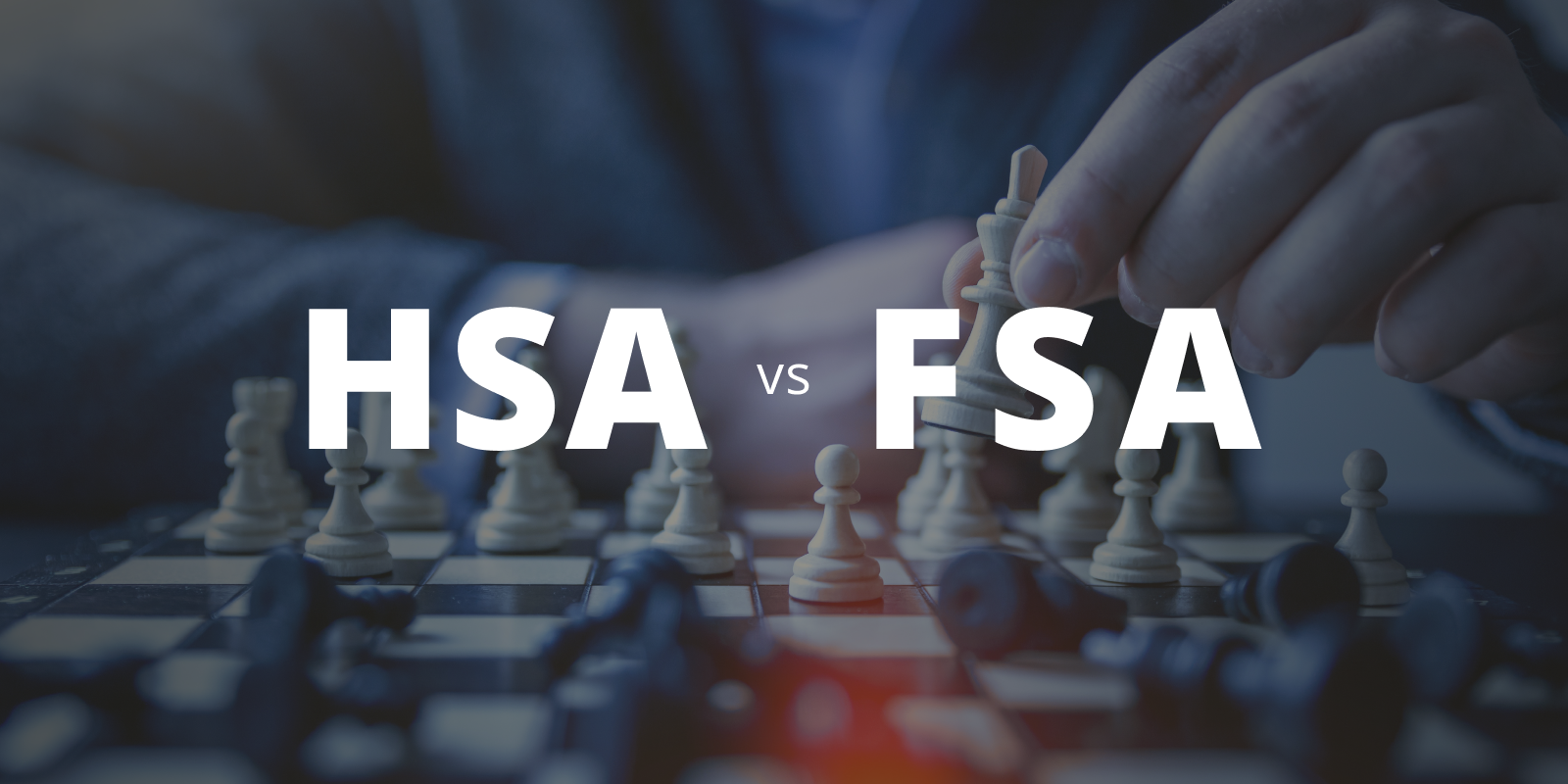HSAs are becoming a more critical player in your benefits packages. There are a variety of benefits of having an HSA for employees. You should be aware of some to take full advantage of them.
Number 1: An HSA is Not an FSA
Health savings accounts are often confused with flexible spending accounts (FSAs). Remember one essential thing when comparing an HSA to an FSA – your HSA money is not use-or-lose. It rolls over yearly, allowing you to accumulate and grow your savings. You don’t have to worry about spending every last dollar by the end of the year. Another perk is that you own your HSA, not your employer. Therefore, you can take your account and all the money if you leave your job or retire. The portability is fundamentally different from an FSA, where any money not spent at the end of the year is lost, and your account isn’t portable.
Number 2: HSA Tax Advantages
HSAs offer the Triple-Tax Advantage, meaning: 1). HSA contributions are all pre-tax, 2) growth in the HSA account is tax-free (with a couple of exceptions), 3) and withdrawals are non-taxable. Since the money you contribute is tax-free, you have more in your account to spend on qualifying medical expenses, such as doctor’s appointments or prescriptions.
Also, compared to a 401(k) plan, there are plenty of tax advantages that an HSA offers that a 401(k) doesn’t. For example, you receive 7.65% FICA tax savings (payroll tax) on your HSA. Money from your HSA is entirely tax-free when used for qualified medical expenses. For your 401(k), you must wait until 59 1/2 to withdraw money from your account to avoid paying penalties. Finally, money taken from your HSA after age 65 (or on Medicare) is taxed at the Federal or State levels if not used for medical expenses – the same as the 401(k) plan.
Number 3: Invest Your HSA Money
When opening your HSA account, you could solely focus on contributing to cover those yearly medical expenses. However, your HSA also works as a retirement savings vehicle and grows your balance by investing in individual stocks or mutual funds. Think of it as a 401(k) plan with a health focus. With retirement healthcare costs rising, this is a crucial matter to remember. Getting tax savings on them is a matter of good planning.
Number 4: You Can Use Your HSA for Others
Do you have a spouse or kids and want to use your HSA for them? No problem. You can use your HSA for any qualified medical expense for you or any eligible dependent. According to the IRS, a dependent is a qualifying spouse or child (son, daughter, or stepchild).
You can also elect a beneficiary to your account. A spouse as an elected beneficiary can take over the account assets upon the account holder’s death. It is not a taxable event. The surviving spouse can use the HSA for qualified medical expenses. However, if the beneficiary is someone else, the HSA becomes fully taxable.
Now you are up to speed on the basics of HSAs; you’re all set to start your health savings journey!
PS: If you are an employer, take a read at four key things an employer should know about a health savings account (HSA).








